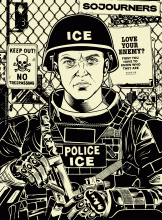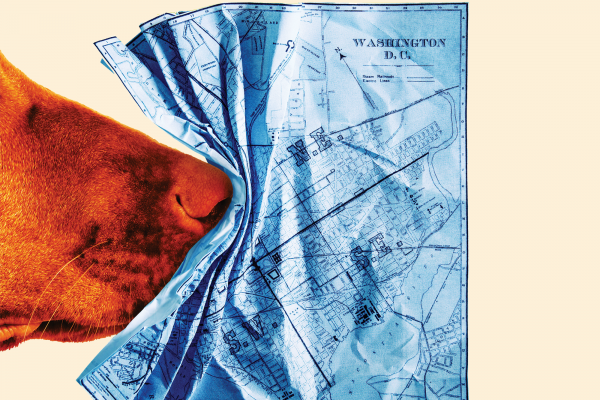Hurricane Katrina in 2005 was one of the worst environmental justice disasters in modern U.S. history. It was also one of the first times that I, then a teenager, consciously connected animal justice and racial justice. Kanye West’s declaration “George Bush doesn’t care about black people” is often remembered as the statement on racism in Katrina, but another expression that needed no words circulated among black people in the hurricane’s immediate aftermath: a picture of pets being evacuated on an air-conditioned bus.
While black people were abandoned, dead, and dying on rooftops, corpses floating bloated in flooded streets, people’s pets were evacuated to safety.
Black people have long understood as racist the disparate treatment of nonhuman animals and black people. In 1855, Frederick Douglass wrote that “The bond-woman lives as a slave, and is left to die as a beast; often with fewer attentions than are paid to a favorite horse.
Read the Full Article

